Whether it is a kitchen countertop or a bathroom countertop, there are many choices of materials that can be used, and there are some advantages and disadvantages. So choosing the right ideal material for the countertop is also a troublesome thing. However, compared with kitchen countertops, bathroom countertops have the advantage that they do not require harsh use conditions like kitchen countertops, such as freshly-heated pots, sharp blades, and the contact of various seasonings such as vinegar tea with oil and salt.
Therefore, when choosing a certain material as a bathroom countertop, more people will give priority to the appearance style and specific cost of the countertop, and whether the strength is large enough. Next, we will take a look at some of the more popular bathroom countertop materials.
Quartz Stone
Quartz is one of the most abundant minerals in nature. Almost every type of stone contains a certain percentage of quartz. Manufacturers of quartz countertops add pigments, resins and occasionally recyclable ingredients to a substrate that accounts for approximately 95% of natural stone.
Advantages
1. Quartz is harder than granite and does not need to be sealed
2. Natural resistance to moisture, stains, and bacteria
3. Various edge processing and mounting options
Disadvantages
1. The price is slightly more expensive
2. Polished and rough finishes will show fingerprints and smudges
3. Need to wipe frequently
Marble Stone
For many years, the cool elegance of marble has been synonymous with wealth and privilege. But due to the improvement of its production technology, the price of marble has become affordable. The texture and color of marble are randomly changed and full of uncertainty.
Advantages
1. Durable enough to withstand most chips or dents
2. Can be polished for high gloss, or polished for a matte effect
3. Process into any style
Disadvantages
1.The porosity of marble makes it easy to be stained, scratched and etched by acid
2. Regular sealing is required to maintain surface finish
Granite Stone
Granite, as the hardest stone, is still the material of choice for countertops
Advantages
1. Lots of options, from subtle modes to bold modes and rainbow-like colors
2. Hard and scratch resistant, minimal maintenance required after proper sealing
3. Not damaged by moisture or perm pliers
Disadvantages
1.Although it is recyclable, its transportation and mining require a lot of energy
Terrazzo
Terrazzo stone is made by mixing aggregates such as gravel, pebbles, and marble into cement, and then pressing into a square block under a vacuum environment, and solidifying and cutting into slabs.
Advantages
1. Very durable, natural resistance to water, bacteria and stains
2.Realistic spots or stripes style can be comparable to natural stone
3.Seamless
4, can reduce minor damage
5. Provide integrated sink and tailgate options, as well as custom color mosaic and lighting effects
Disadvantages
1.Easier to see wear and scratches on darker colors
2.High temperature or dropped items may damage it
Formica
This easy-to-maintain product, most commonly called Formica, consists of a thin plastic surface that is pressure bonded to a particleboard or plywood substrate. The latest printing technology is used in modern laminates to produce an incredibly realistic stone and wood-like look, as well as a large number of solid and graphic patterns.
Advantages
1.One of the most affordable countertop surfaces
2. Durable, waterproof and easy to clean
3. It feels warm to the touch
4. Relatively easy to install
Disadvantages
1.Laminates will become thinner or duller over time
2. Damage cannot be repaired
Ceramic
Ceramic tiles can be a charming and casual surface material, especially in Spanish colonial or beach bungalow-style bathtubs. The boldly patterned tiles also create outstanding tailgate and bathtub surrounds.
Advantages
1. Glazed tiles are heat-resistant, stain-proof, scratch-proof, and moisture-proof
2. The price is reasonable, you can replace a single tile
3. Installation and style can be customized
Disadvantages
1. Grout will attract stains and mold, and it may be difficult to keep clean
2. The tiles will crack or chip
Concrete
No longer just an industrial material, concrete has the magical ability to deform and produce an endless appearance. Most concrete countertops are produced offsite for maximum quality control.
Advantages
1. Can imitate the appearance of natural stone
2. Color customization
3. Textures and decorative inlays can be cast to the exact shape, size and edge style required
4. Durable
5. Environmental protection, especially when adding recyclable ingredients
Disadvantages
1. Because the concrete is naturally porous, it is necessary to wax and seal the table regularly.
2. Visible seams are more common, although colored fillers can be used to minimize their appearance


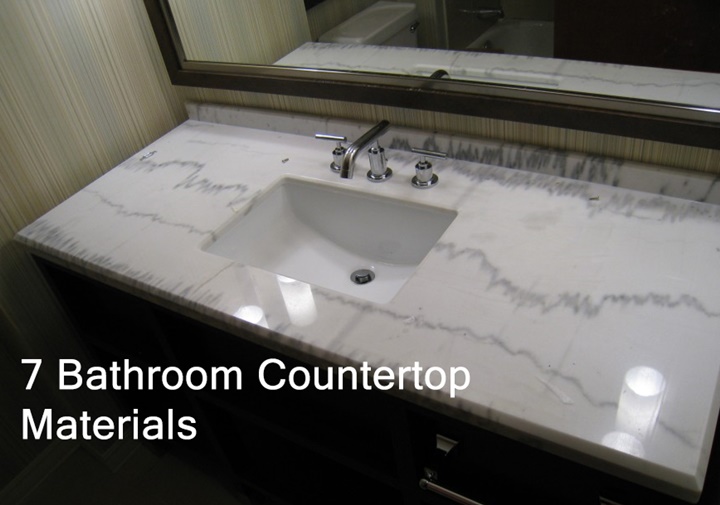
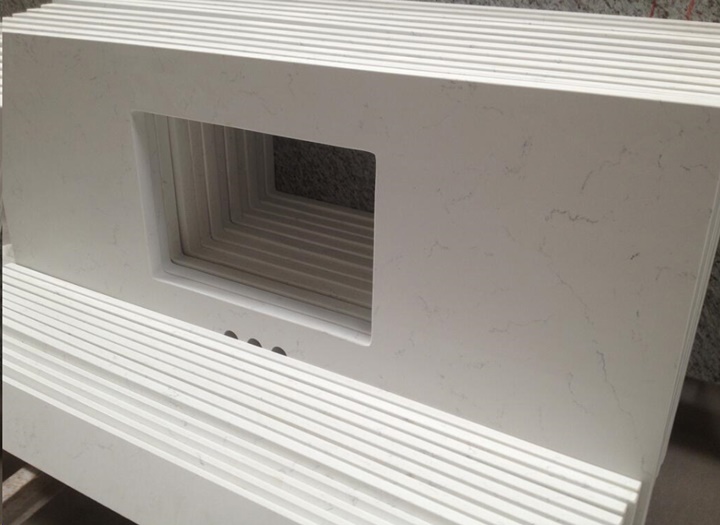
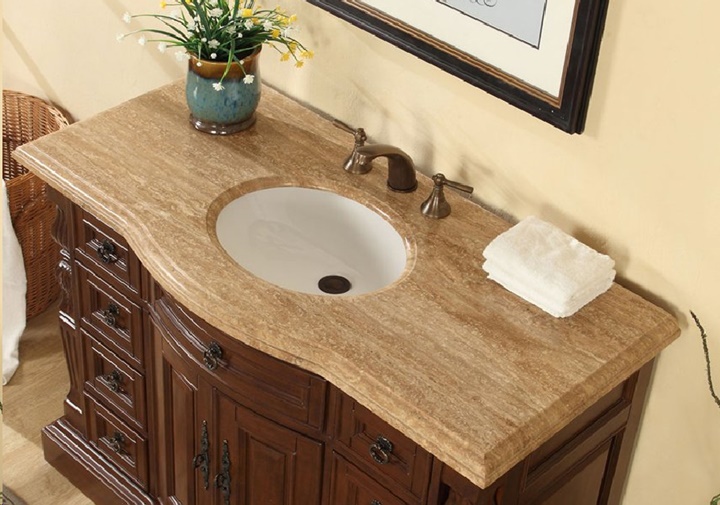
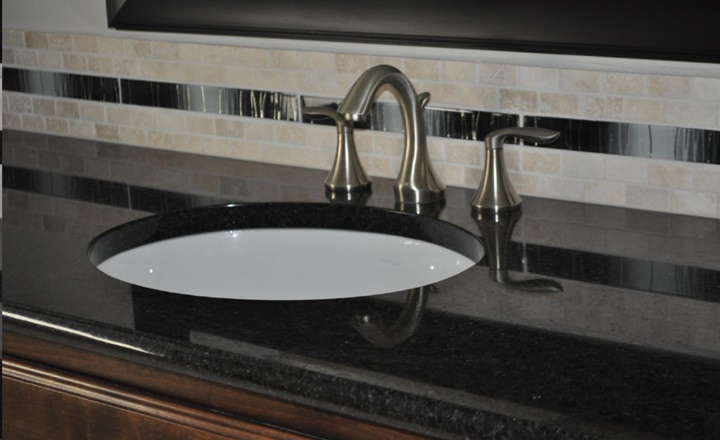
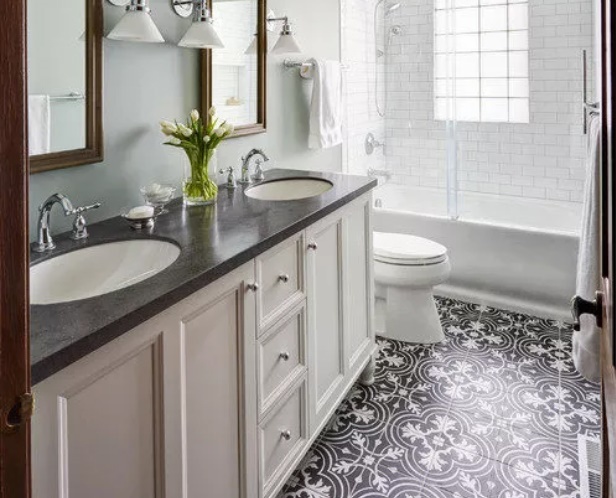
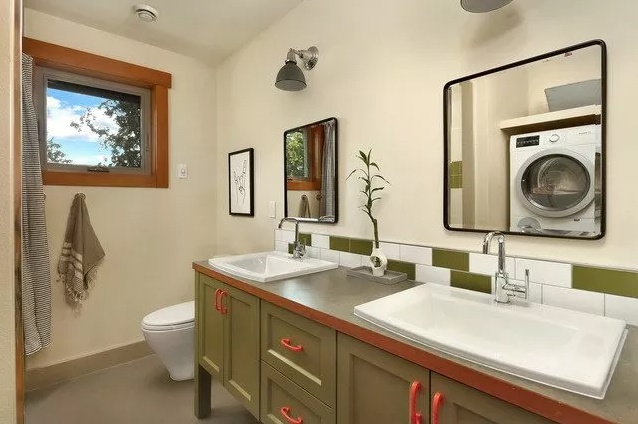
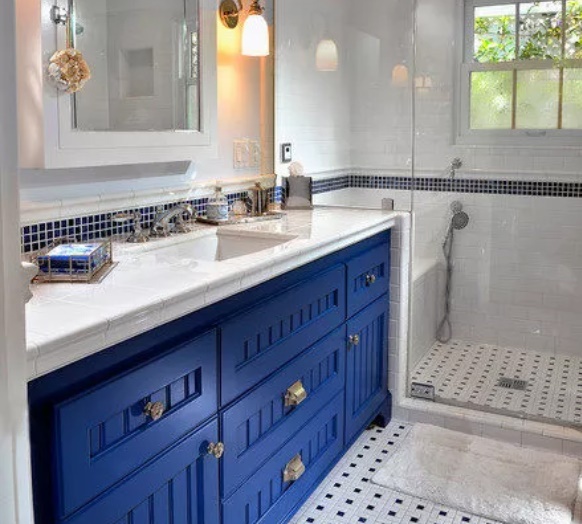
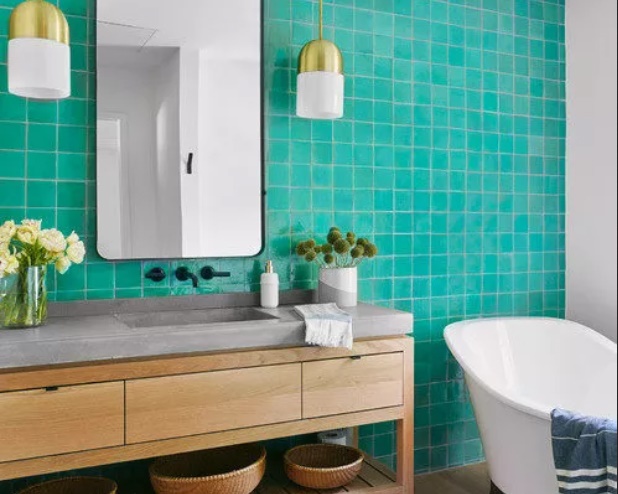
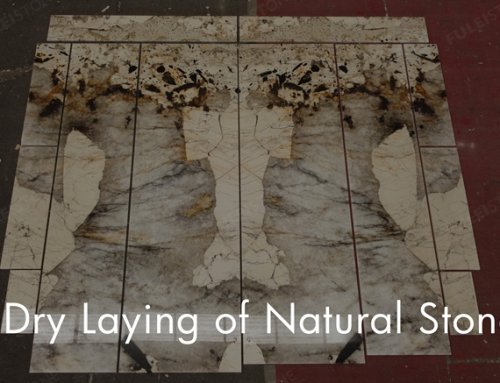
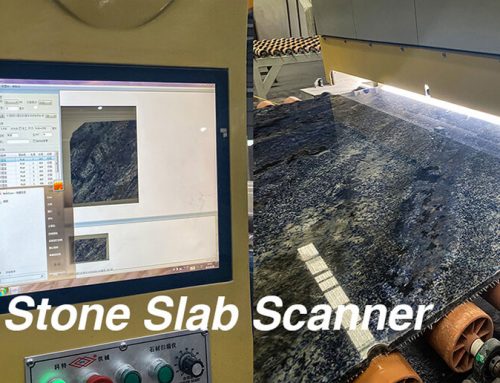

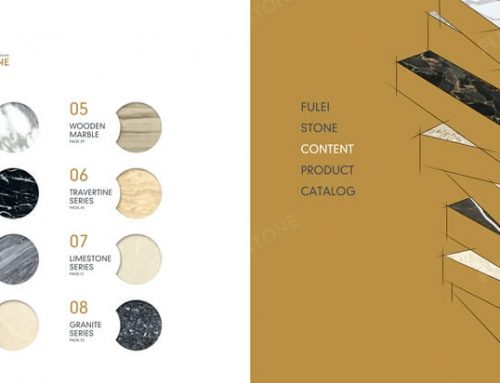
Leave A Comment